The Extraordinary Contributions of African Americans to Healthcare
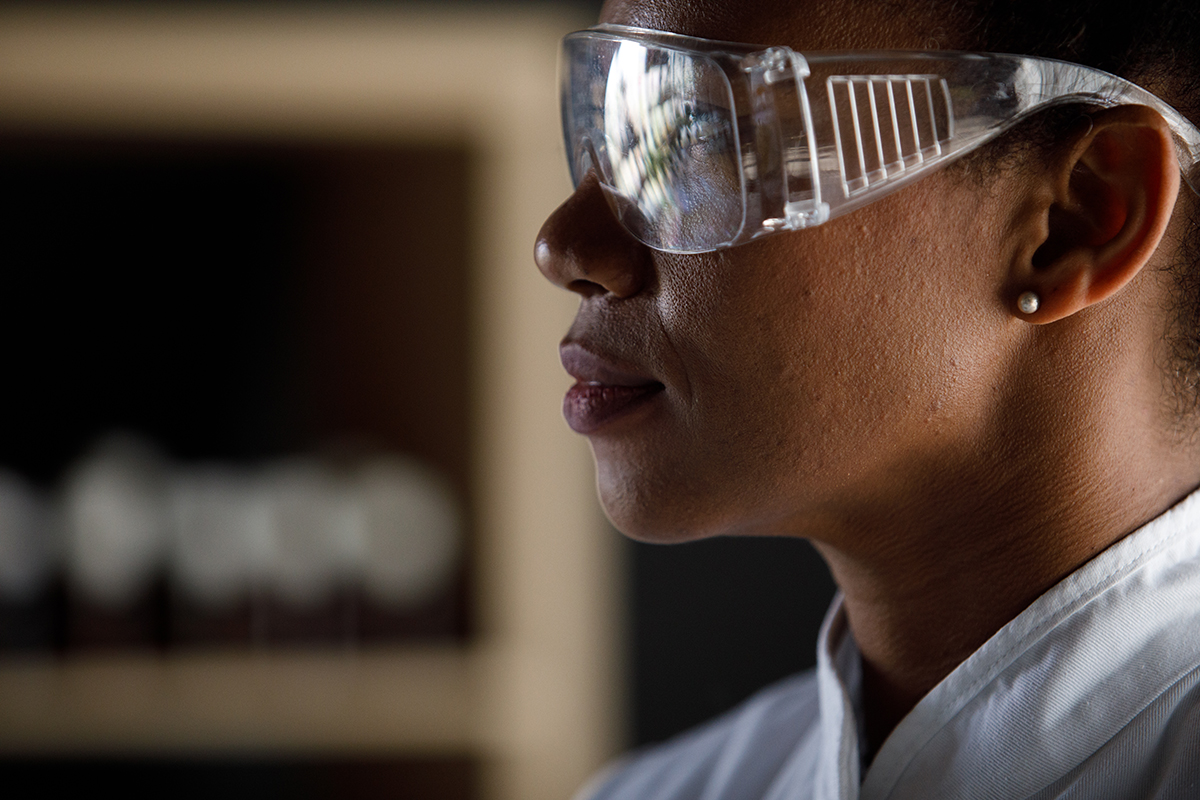
As the leading global type 1 diabetes (T1D) research and advocacy organization, JDRF has a responsibility to carry out its mission to cure, prevent, and treat T1D and its complications for everyone living with and impacted by T1D. We must help dismantle the barriers that make diabetes healthcare difficult for Black, Brown, and medically underserved people to ensure better health outcomes.
From educating people about T1D and ensuring access to diabetes technology and affordable insulin to emphasizing the importance of members of the BIPOC (Black Indigenous or People of Color) community’s participation in clinical studies and community engagement, we aim to make a difference and improve the quality of life for everyone living with and impacted by T1D.
It is essential to recognize Black history as an integral part of American history and to be aware of the incredible accomplishments of Black people, despite the obstacles of socioeconomic disparities and systemic racism that continue to plague communities and our healthcare system. From pacemakers and blood transfusions to neurosurgery on conjoined twins and open-heart surgery—these are just a few of the lifesaving monumental achievements Black medical experts have made to advance the healthcare we know and benefit from today.
Join us in honoring African American pioneers who have made significant contributions to research, science, and healthcare:
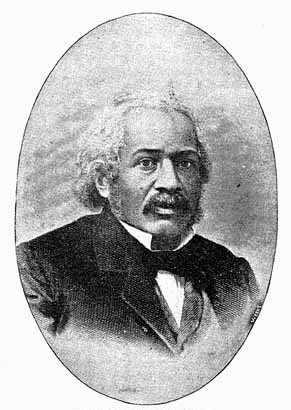 Dr. James McCune Smith
Dr. James McCune Smith
Born to enslaved parents in 1813, Dr. James McCune Smith had his heart set on becoming a doctor but was denied admission into college because of his race. Determined to realize his dream, he pursued his education at the University of Glasgow in Scotland, where he earned a bachelor’s, master’s, and medical degree by age 24. Returning to NYC in 1837, he established his own medical office and pharmacy—making him the first African American doctor with a practice in the U.S.
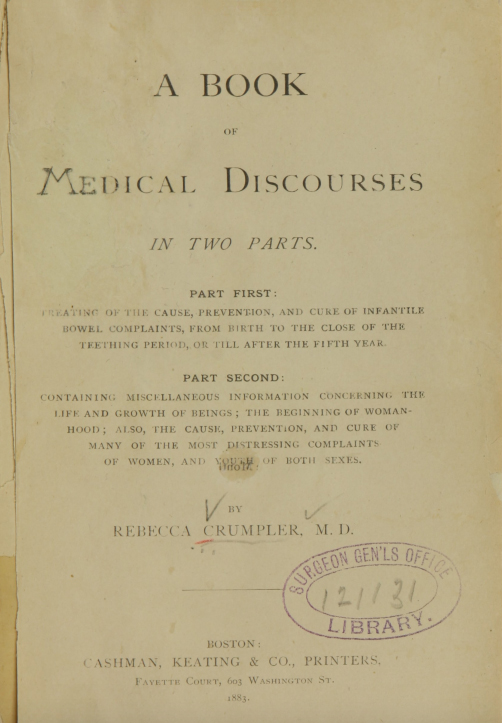 Dr. Rebecca Lee Crumpler
Dr. Rebecca Lee Crumpler
Dr. Rebecca Lee Crumpler, born in 1831, was the first African American woman in the U.S. to formally graduate with a medical degree despite facing extreme racism and sexism. In 1864, after almost a decade of working as a nurse, she earned her Doctress of Medicine at the New England Female Medical College, where she was the institution’s only black graduate.
There are no known photographs of Dr. Crumpler. Pictured is the front page of her 1883 publication, “A Book of Medical Discourses.”
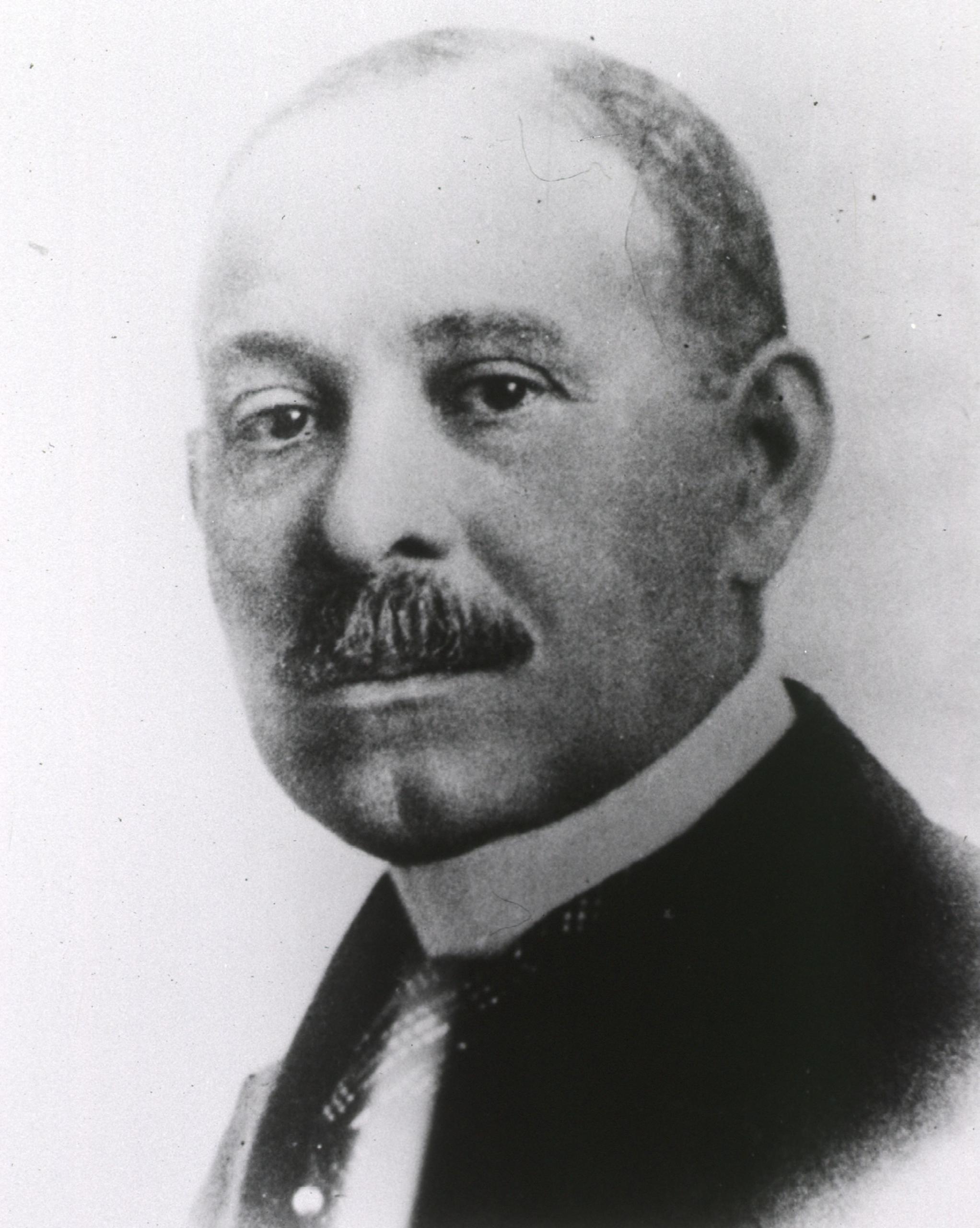 Dr. Daniel Hale Williams
Dr. Daniel Hale Williams
Dr. Daniel Hale Williams, born in 1858 in Pennsylvania and one of seven children, founded Provident Hospital, the first non-segregated hospital in the U.S., and performed the world’s first successful open-heart surgery in 1893.
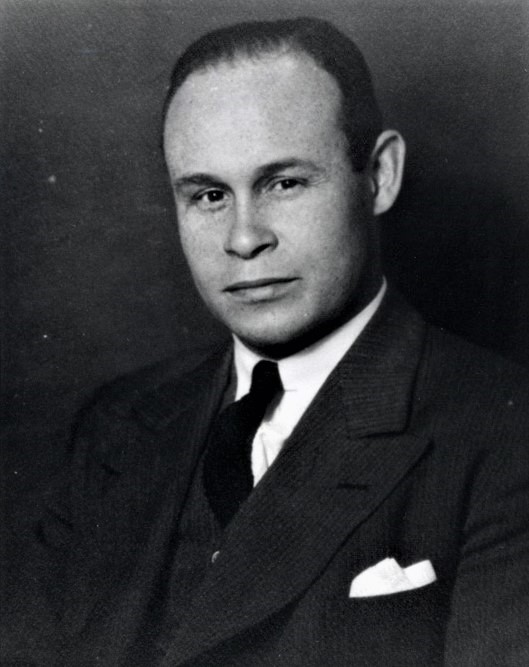 Dr. Charles Drew
Dr. Charles Drew
Dr. Charles Drew, born in 1904 and known as the “father of blood banking,” developed blood preservation techniques that led to thousands of lifesaving blood donations. He was also passionate about surgery and appointed chairman of the department of surgery and chief of surgery at Freedmen’s Hospital (now known as the HBCU Howard University Hospital) in Washington, D.C. During his time there, he went to great lengths to support young African Americans pursuing careers in the medical field.
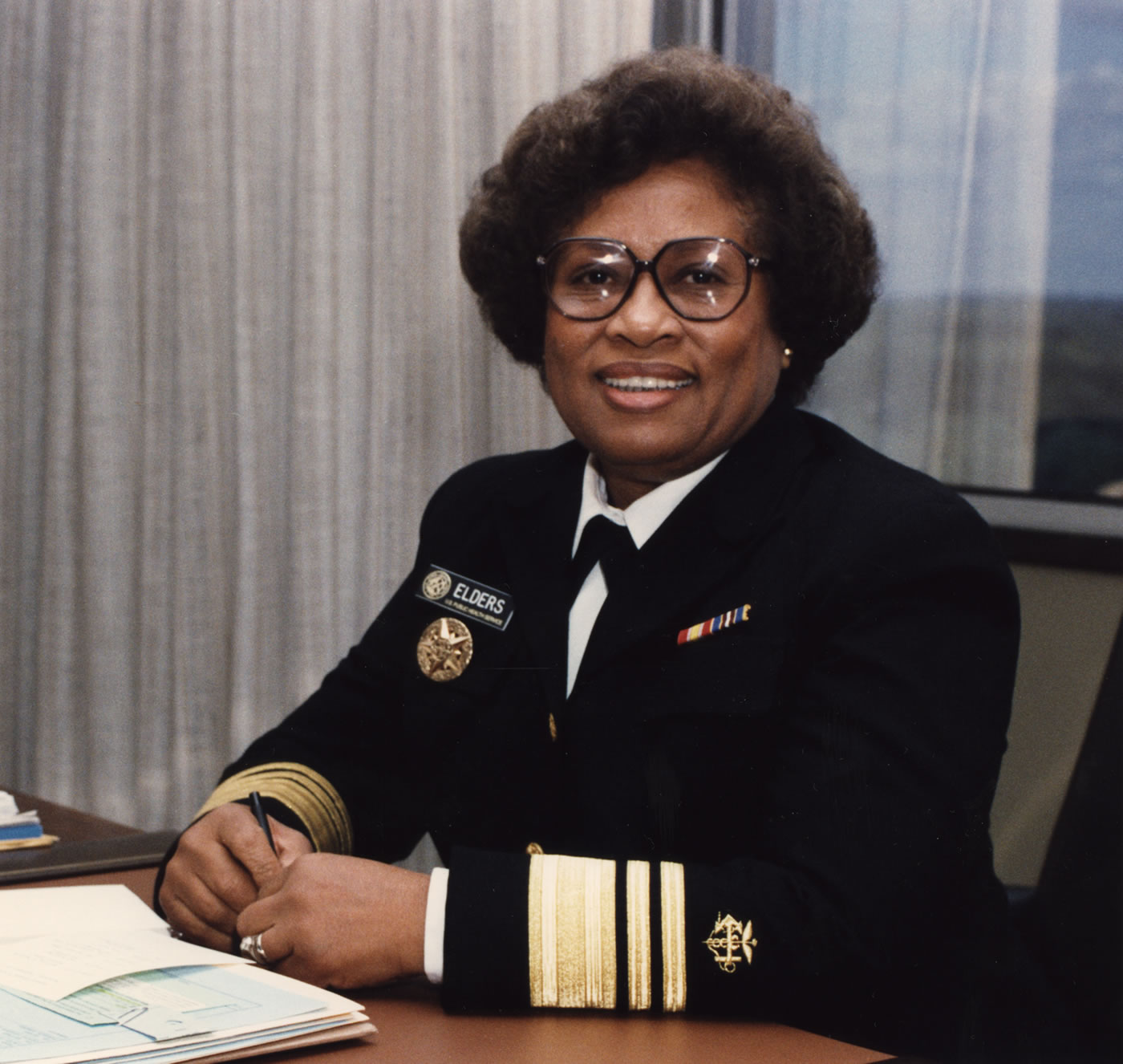 Dr. M. Joycelyn Elders
Dr. M. Joycelyn Elders
Dr. M. Joycelyn Elders, born in 1933, was the first person in Arkansas to become board certified in pediatric endocrinology. She was also the 15th (and first African American) Surgeon General of the United States and only the second woman to head the U.S. Public Health Service.
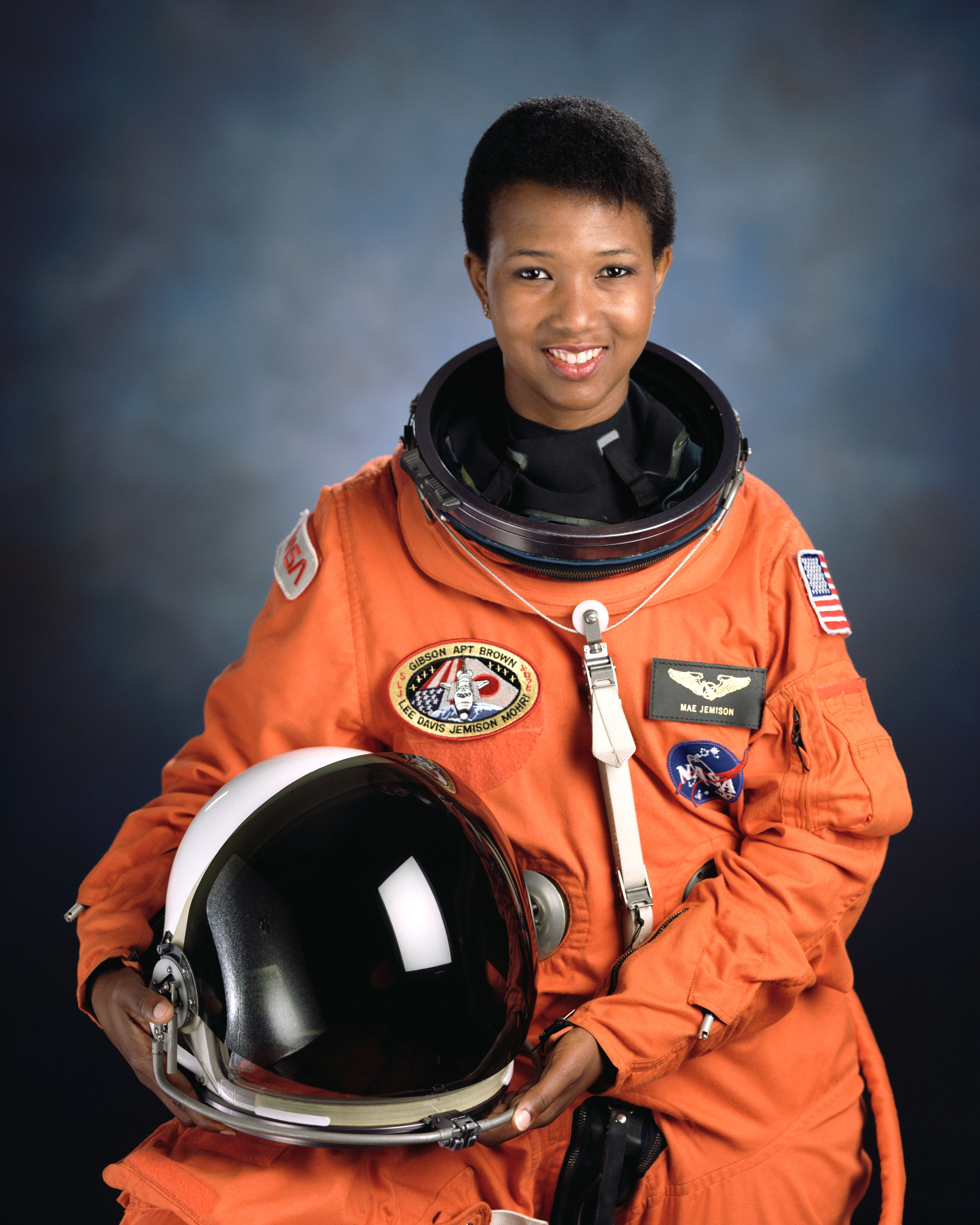 Dr. Mae Jemison
Dr. Mae Jemison
Dr. Mae Jemison was the first African American female astronaut to travel into space in 1992. She’s also a trained physician dedicated to improving global health. Joining the Peace Corps in 1983, she worked as a medical officer in Africa. Combining her knowledge about satellite telecommunications as an astronaut and her Peace Corps experience, she formed the Jemison Group, which develops telecommunications systems to eliminate health disparities and improve healthcare delivery in developing countries.
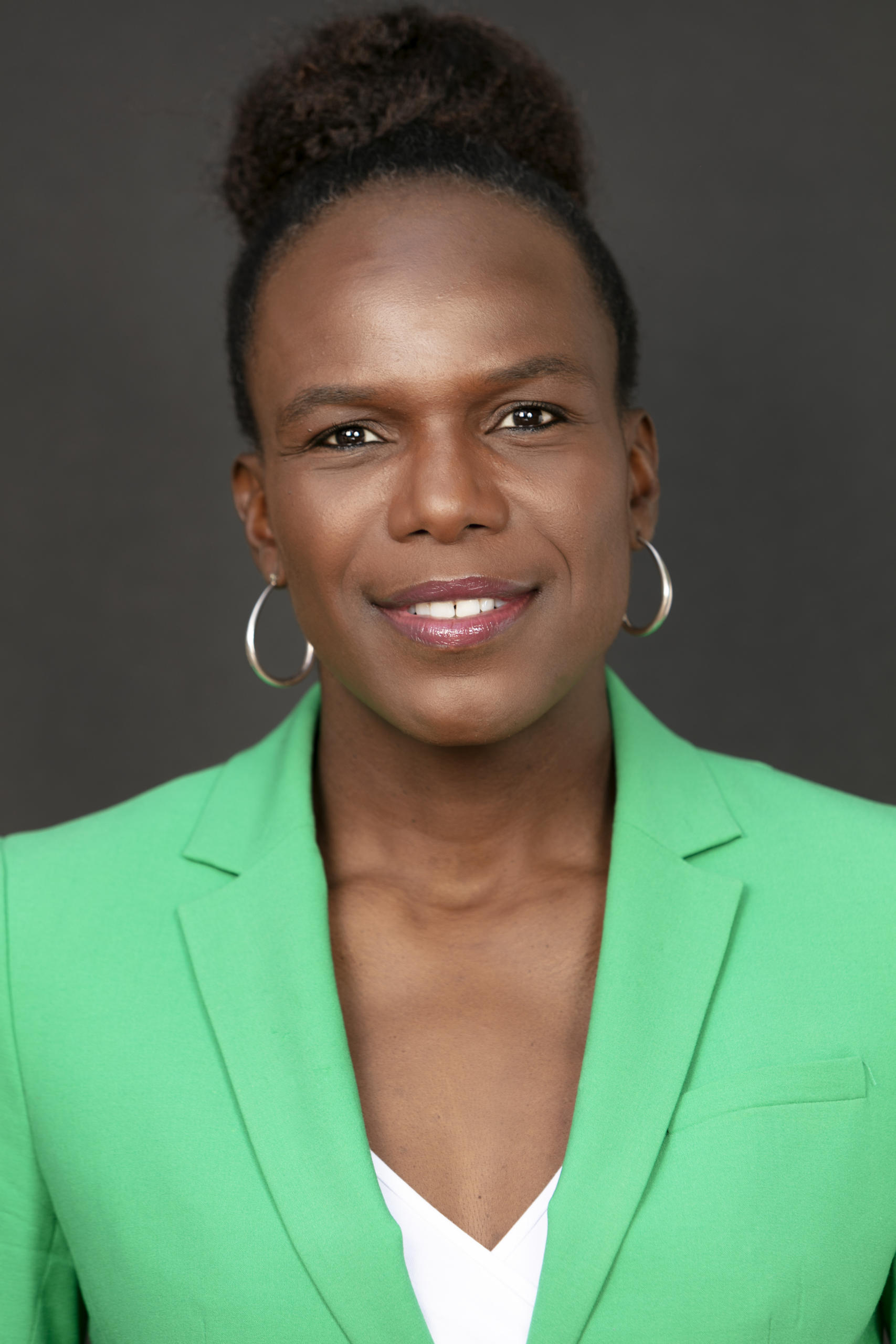 Dr. Ala Stanford
Dr. Ala Stanford
Born in Philadelphia to a teenage mother, Dr. Ala Stanford is the first African American female pediatric surgeon to be trained entirely in the U.S. Recognizing the disproportionate distribution of vaccines at the start of the COVID-19 pandemic, she left her pediatric surgeon role to address healthcare disparities in Black and Brown communities. This led to the establishment of the Black Doctors COVID-19 Consortium (BDCC), a collaborative of healthcare professionals who tested more than 30,000 people and administered more than 60,000 vaccinations. Dr. Stanford’s efforts have earned her recognition by Forbes, Fortune Magazine, CNN, and USA Today, to name a few.
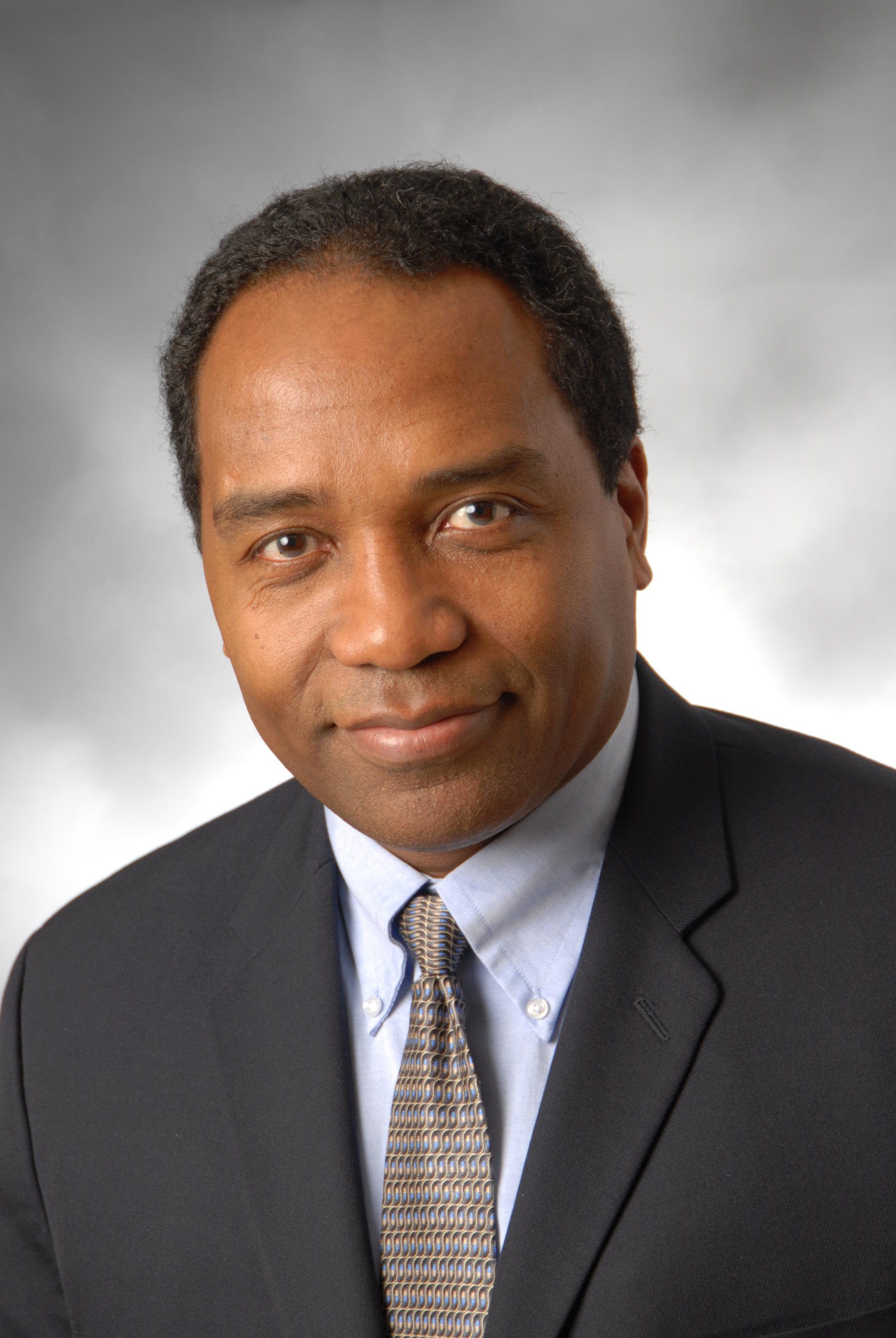 Dr. Griffin P. Rodgers
Dr. Griffin P. Rodgers
Dr. Griffin P. Rodgers is the director of the National Institutes of Health (NIH) National Institute of Diabetes and Digestive and Kidney Diseases. He is also Chief of the institute’s Molecular and Clinical Hematology Branch. Dr. Rodgers is widely recognized for his contributions to the development of hydroxyurea, the first effective therapy for sickle cell anemia.
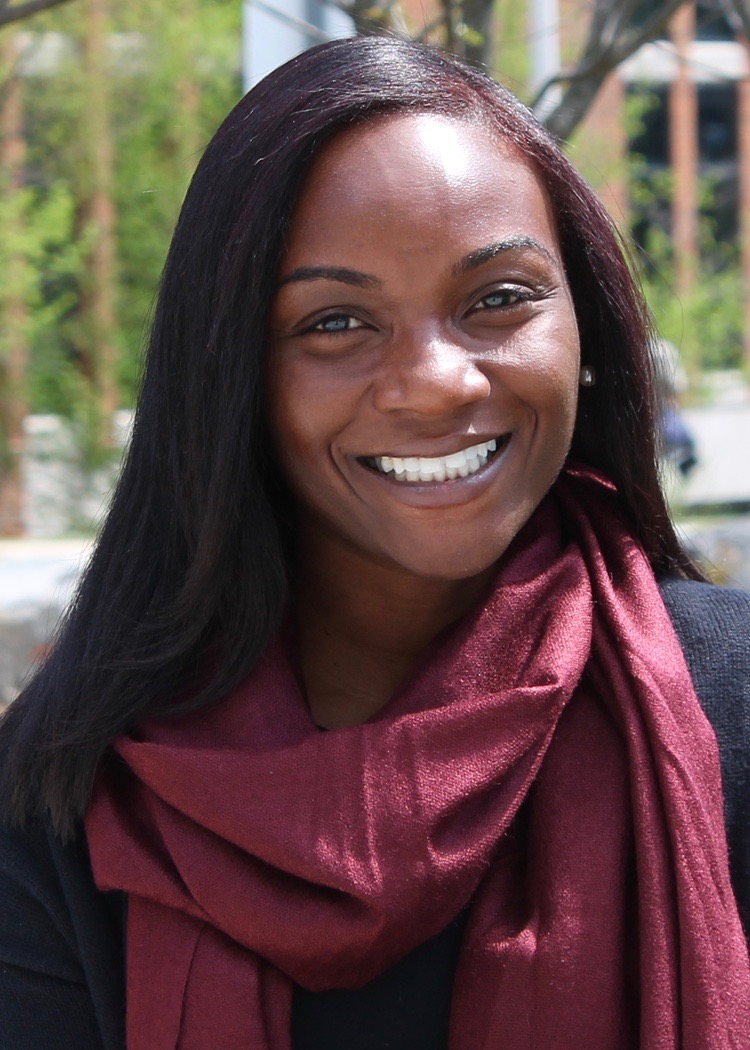 Kizzmekia Corbett, Ph.D.
Kizzmekia Corbett, Ph.D.
Kizzmekia Corbett, Ph.D., is an assistant professor of Immunology and Infectious Diseases at the Harvard T.H. Chan School of Public Health. She led the research team whose work is the very foundation of the M-RNA COVID-19 vaccines. Read more about her work in the lab and in supporting other Black women scientists in The New York Times.
Learn more about the steps JDRF is taking to address health disparities in the T1D community.
Content for this blog was provided by the Black at JDRF Employee Resource Group: Lori Benning, Krystal Dunlap, Kenya Felton, Christina Ingram, and Yadira Richards.